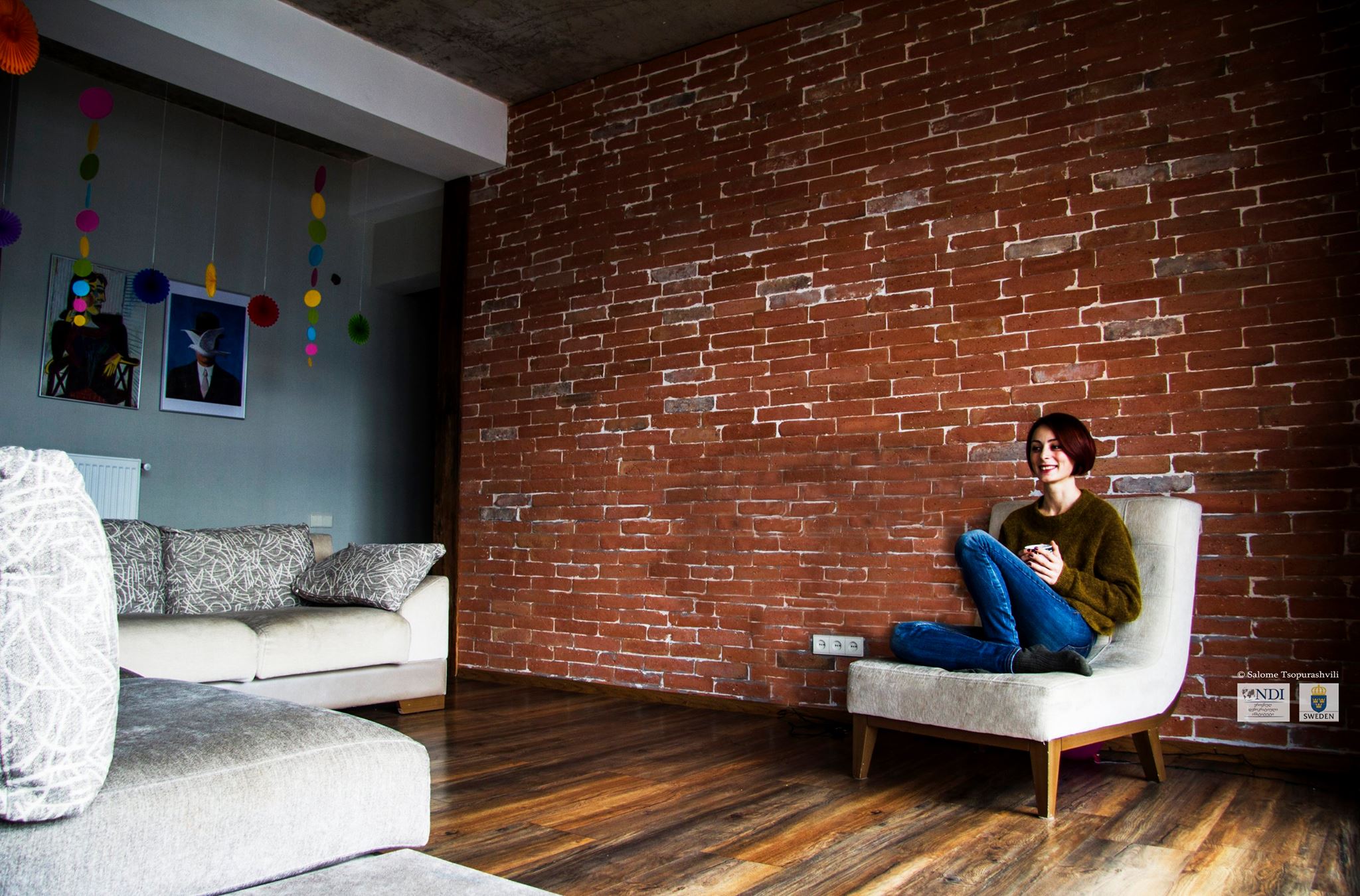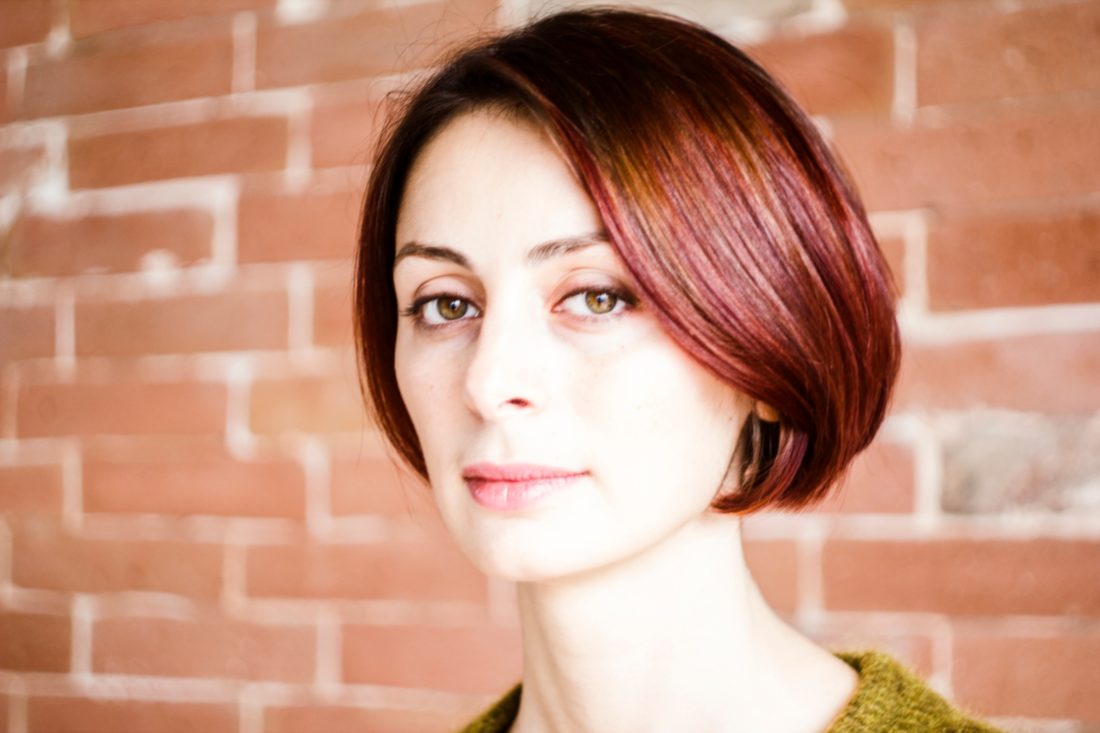Etuna Noghaideli, 31, Tbilisi
“He is a boy, so when he grows up he’s going to be ashamed of having his mother’s last name,” – this is what I’ve been told repeatedly, but I refuse to agree. I don’t think that as a parent I am responsible for ensuring a completely safe environment for my son. When I decided to give birth at the age of 23, living on a 400 GEL salary in a rented apartment in Tbilisi, I had little understanding of any feminist theories. I was simply trying, in the face of societal pressures, to remain faithful to my principles and myself. This is how my first child was born, out of wedlock, and for violation of the established norms, in the birth certificate, he got an empty space next to the field “Father”.
In a few years’ time, I went to the House of Justice together with my son’s father to fill in that field. We handed the operator the papers and explained the situation. After a few minutes of silence, the operator read the renewed document aloud to us: the child’s first name, and the father’s last name, instead of mine. I was confused, as I did not understand why the last name was changed. Then I pulled myself together and smiled: “No, we are not changing the last name”.
 I guess, because we were there to add the father’s name to the certificate, the operator decided, we wanted to change the last name too. In this case, “fatherhood” was the framework that entailed other things as well, such as “the last name”, and the expectation that I was there to “legitimize” the existence of my child.
I guess, because we were there to add the father’s name to the certificate, the operator decided, we wanted to change the last name too. In this case, “fatherhood” was the framework that entailed other things as well, such as “the last name”, and the expectation that I was there to “legitimize” the existence of my child.
Why do we assume unconditionally that the last name has to be the father’s name? Why don’t we, women, demand equality when it comes to the last name of our children? The last name is the stamp to mark the man’s possession. Even though it is a woman who raises, feeds her children, changes diapers and stays up all night for them, the children are still seen as the man’s belongings. Both in a literal and metaphorical sense.
 However, I don’t think these “small things” are too trivial to focus on. These little symbols build the framework used to decide whether some children are desired or not, whether some are legitimate and some – illegitimate. The last name is a political issue and taking the mother’s last name may be part of fighting against this framework.”
However, I don’t think these “small things” are too trivial to focus on. These little symbols build the framework used to decide whether some children are desired or not, whether some are legitimate and some – illegitimate. The last name is a political issue and taking the mother’s last name may be part of fighting against this framework.”

